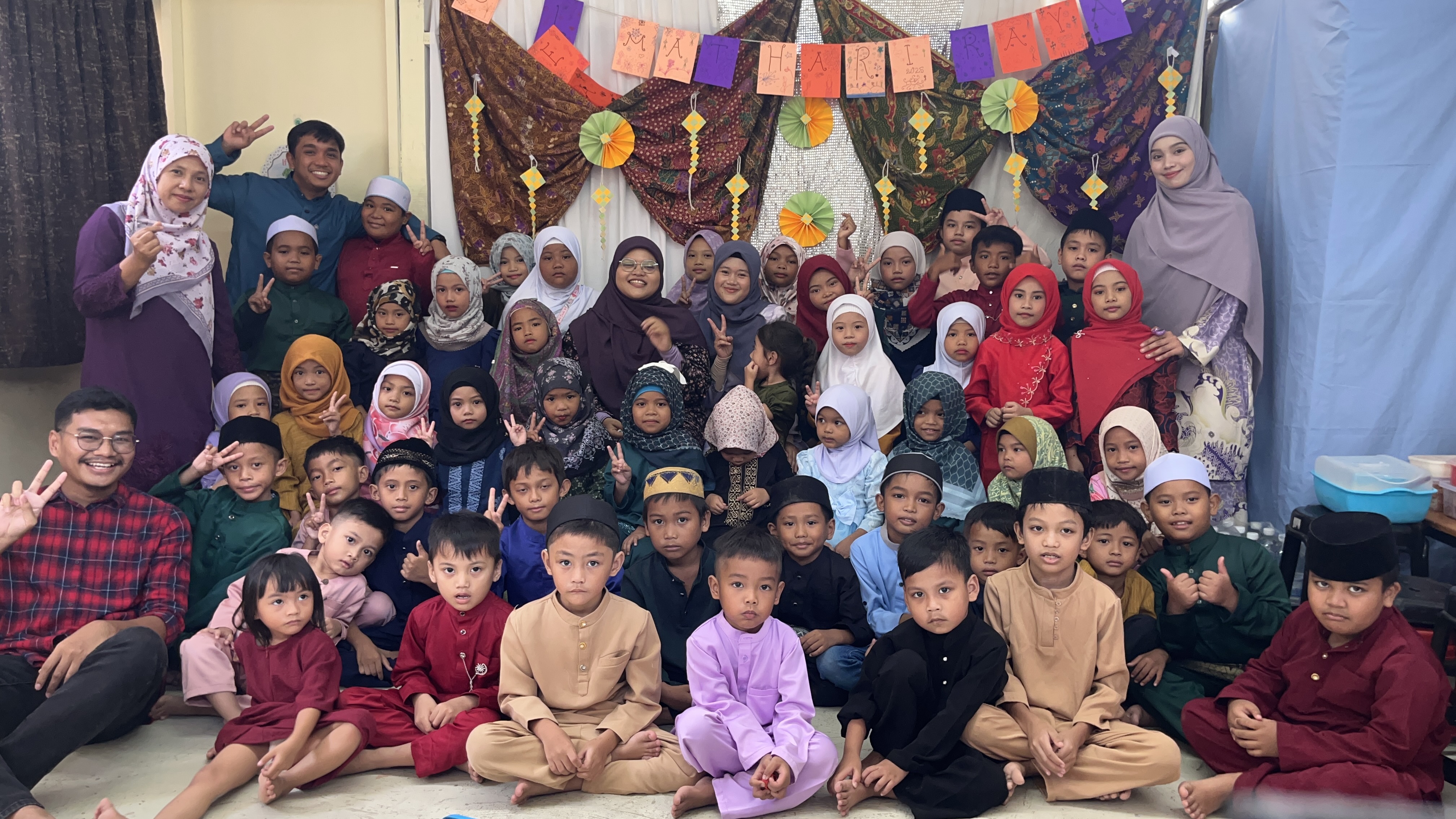Breaking Barriers: How Quranic Education Transforms Underserved Communities
Amirul Aslam
Founder & Director, Projek Annur

In the quiet corners of Malaysia, where poverty and marginalization intersect, a quiet revolution is taking place. It's not happening in grand auditoriums or government buildings, but in humble community centers, makeshift classrooms, and the homes of dedicated volunteers. This is the story of how Quranic education is breaking down barriers and transforming entire communities.
The Foundation of Change
When we first established Projek Annur, we understood that education is more than just literacy—it's about dignity, hope, and the fundamental right to knowledge. For many in underserved communities, particularly stateless children and elderly adults who never had the opportunity to learn, Quranic education serves as both a spiritual anchor and an educational gateway.
The Quran, as the foundation of Islamic learning, provides a structured approach to literacy that resonates deeply with our communities. When a 60-year-old grandmother learns to read her first verse, she's not just acquiring a skill— she's reclaiming her connection to her faith and her community. When a stateless child masters Arabic letters, they're building the cognitive foundation that will support all future learning.
Beyond Religious Learning
What makes our approach unique is recognizing that Quranic education is inherently interdisciplinary. Teaching Arabic script develops fine motor skills and pattern recognition. Memorization exercises strengthen cognitive function and concentration. The moral teachings embedded in Quranic verses provide ethical frameworks that guide decision-making and community interaction.
"When Mak Siti, 67, read her first complete verse after six months in our Rumah Ngaji Bonda program, she cried. Not from sadness, but from the overwhelming joy of finally understanding the words she had heard in prayers her entire life. That moment changed not just her, but her entire family's perspective on the value of education."
The Ripple Effect
The transformation we witness extends far beyond individual learners. When parents become literate through our programs, they can better support their children's education. When elderly community members gain confidence through learning, they become advocates for education in their neighborhoods. When young people master both Quranic and secular subjects, they become bridges between traditional values and modern opportunities.
In one community where we've been operating for three years, school enrollment among children has increased by 40%. More significantly, the community has organized its own literacy circles, with program graduates teaching their neighbors. This organic growth demonstrates the sustainable impact of education that respects and builds upon existing cultural and religious foundations.
Challenges and Innovations
Working in underserved communities presents unique challenges. Many of our learners work irregular hours, have limited transportation, or face family responsibilities that make consistent attendance difficult. We've responded by developing flexible learning modules, mobile teaching units, and peer support networks that adapt to community needs rather than imposing external structures.
Our teachers—many of whom are volunteers from the communities themselves—receive training not just in Quranic pedagogy, but in adult learning principles, trauma-informed teaching, and community development. This holistic approach ensures that education becomes a tool for empowerment rather than another form of exclusion.
Looking Forward
As we expand our programs, we're constantly learning from the communities we serve. Each new location teaches us something different about the intersection of faith, education, and social change. What remains constant is our commitment to education that honors people's dignity, builds on their strengths, and creates pathways to broader opportunities.
The barriers that separate underserved communities from educational opportunities are real and significant. But as we've learned through Projek Annur, these barriers are not insurmountable. When education is rooted in respect, delivered with compassion, and connected to community values, it becomes a powerful force for transformation that extends far beyond the classroom.
How You Can Help
Every contribution, whether time, resources, or expertise, helps us reach more communities and transform more lives.
Related Articles
Adult Literacy: It's Never Too Late to Learn
The inspiring journey of elderly learners in our Rumah Ngaji Bonda program...
Read MoreThe Ripple Effect: How Education Transforms Entire Families
Real stories from families whose lives have been transformed through education...
Read More